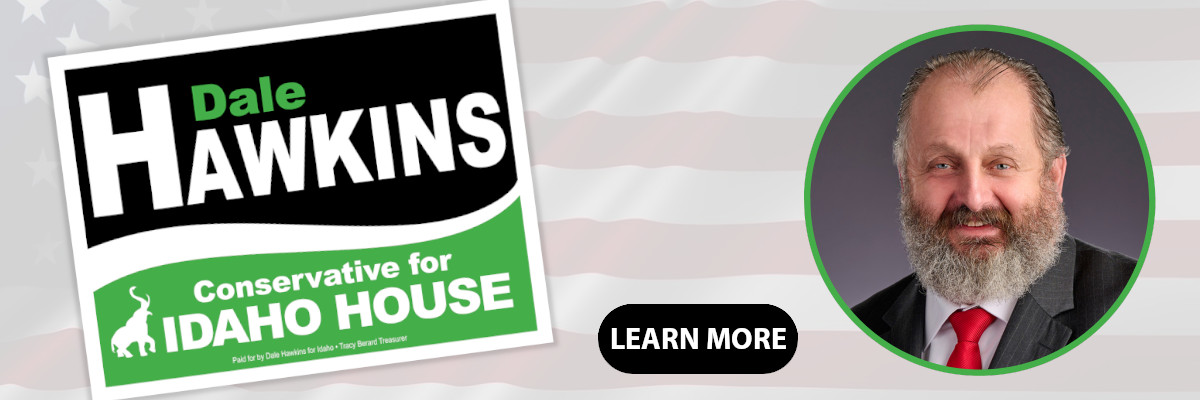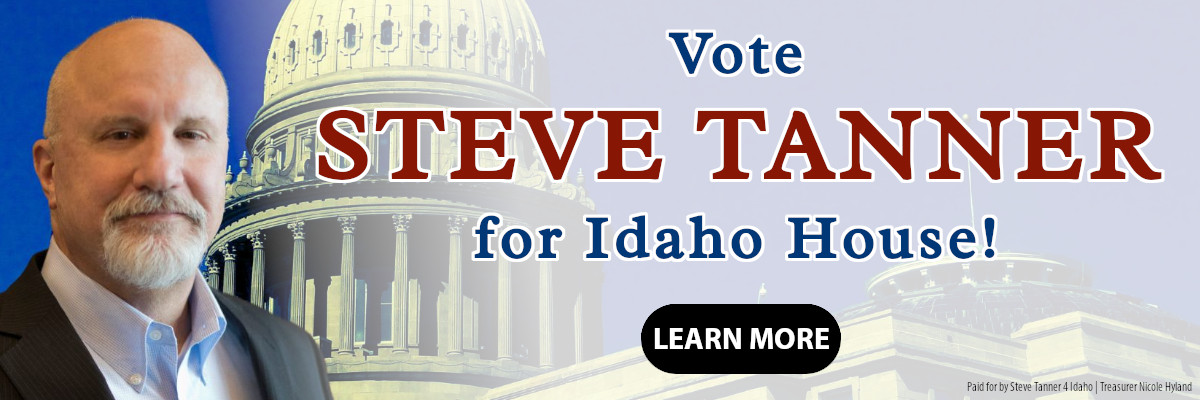
Op-Ed: Socialism at Plymouth
By Jim Hollingsworth • December 8, 2022Now that Thanksgiving is behind us, it would be good to reflect on the early American colony at Plymouth, Massachusetts. The colony was settled by Separatists who did not support the Church of England. Thus they were persecuted for their faith.
So, a group migrated to Holland (Netherlands) where they had more freedom. Here William Bradford married Dorothy May and they had one son, John. After about ten years they realized they were losing their English heritage and their children were being drawn into some negative customs in the country, so they decided to establish a colony in the New World. Plymouth Colony
There were 102 passengers and about 40 crew on the Mayflower. The ship was very crowded because one ship was not deemed seaworthy, so all were crammed into the Mayflower. Mayflower: Crowded
They left England on September 6, 1620 and arrived at Princetown Harbor on November 11, 1620, 66 days. The trip was made even more difficult by the fact that it was very damp inside, due to some loss of caulking.
While William and others were seeking a place to settle Dorothy fell overboard and drowned in the cold water. Dorothy (May) Bradford
Because the weather had thrown them far north of the land given them in Virginia, the settlers realized they needed some sort of legal agreement, so they wrote the Mayflower compact, the first legal document in the New World. This document was lost to the world but was later found in a book written by William Bradford.
“In the name of God, Amen. We, whose names are underwritten, the Loyal Subjects of our dread Sovereign Lord King James, by the Grace of God, of Great Britain, France, and Ireland, King, defender of the Faith, etc.
Having undertaken, for the Glory of God, and advancements of the Christian faith, and the honor of our King and Country, a voyage to plant the first colony in the Northern parts of Virginia; do by these presents, solemnly and mutually, in the presence of God, and one another; covenant and combine ourselves together into a civil body politic; for our better ordering, and preservation and furtherance of the ends aforesaid; and by virtue hereof to enact, constitute, and frame, such just and equal laws, ordinances, acts, constitutions, and offices, from time to time, as shall be thought most meet and convenient for the general good of the colony; unto which we promise all due submission and obedience. In witness whereof we have hereunto subscribed our names at Cape Cod the 11th of November, in the year of the reign of our Sovereign Lord King James, of England, France, and Ireland, the eighteenth, and of Scotland the fifty-fourth, 1620.”
The Compact was signed by 41 men on November 11, 1620. Mayflower Compact
Because this was a religious group they decided to organize as a communal society. This was also required by those who had sponsored the trip.
Under this arrangement everyone would work for the good of the community and each would only take what he needed to survive.
About half of the settlers died in the first year, from disease and starvation, and there was little production. Those who worked hard got no more than those who were not productive.
If a religious group, who loved each other and worked well together, did not succeed, think of the effect of groups who had no such guidance.
So, after a couple of dismal years, the land was divided up, with each family receiving a parcel. Each could grow whatever they wanted and could benefit from what they grew. As a result they had an abundant harvest. They even had food to give to the natives. William Bradford of Plymouth
“The first Thanksgiving was a celebration of abundance after a period of socialism and starvation. The members of the Plymouth colony had arrived in the New World with a plan for collective property ownership. Reflecting the current opinion of the aristocratic class in the 1620s, their charter called for farmland to be worked communally and for the harvests to be shared.”
So why was the colony successful when they abandoned the socialist structure? It was a matter of incentive. Even the women and children went into the fields to work. When people are free to benefit from their labor things just go better. When they are free they can work hard for their own benefit. The end result is that while you are providing for your own family you are also producing something that can be shared with others. That is the benefit of capitalism.
Some have claimed that capitalism takes advantage of the poor. This is not true. In fact capitalism, as a system, is based on the Bible itself.
First off is the importance of private property. This is from the Ten Commandments.
The ability to own and transfer private property is the key to the success of capitalist countries in the world. Countries living in poverty simply have no protection of private property, nor effective means of transferring property to others. Capitalism Depends on Private Property
The Christian command to work is what made capitalism successful. For even when we were with you, this we commanded you, that if any would not work, neither should he eat. (2 Thessalonians 3:10) There is another verse like it. And that ye study to be quiet, and to do your own business, and to work with your own hands, as we commanded you; (1 Thessalonians 4:11) Here is just one comment about why socialism was not successful in the Plymouth Colony. You probably will not be surprised to hear that the colonists starved. Men were unwilling to work to feed someone else’s children. Women were unwilling to cook for other women’s husbands. Fields lay largely untilled and unplanted.
Famine came as soon as they ate through their provisions. After famine came plague. Half the colony died. Unlike most socialists, they learned from their mistakes, giving each person a parcel of land to tend to for themselves. The colonists threw off the statist intellectual fashions of their day. Socialism in Plymouth Colony Today we have the spector of people being paid not to work. This conditions people not to work and destroys civic progress. Throughout the Twentieth Century socialism was tried in many countries of the world: Russia, China, North Korea, Cuba, and Venezuela. In every case the end result has been government tyranny with starvation and often the murder of thousands who had not already starved to death.
Some countries of the world have experimented with socialism, but gave it up as being counterproductive. People are much better at deciding what is best for them than the government. Capitalism succeeds because people are free to make their own choices. America has been successful because we learned early that socialism does not work and produced a constitution based on the precepts of the Bible.
Jim Hollingsworth holds a master’s degree from Pensacola Christian College. He has written four books: Climate Change: A Convenient Truth, Cortez: A Biography, The Ancient Culture of the Aztec Empire, and Abortion Compassion.
This Op-Ed was submitted by Jim Hollingsworth. Op-Eds do not necessarily reflect the views and opinions of those at the Idaho Dispatch.
Tags: Capitalism, Constitution, Mayflower, Mayflower Compact, Plymouth Colony, Private Property, Socialism
2 thoughts on “Op-Ed: Socialism at Plymouth”
Comments are closed.

















My ancestors came over on the Mayflower in 1620 and on the Anne in 1621. Most of us in my part of the family (the tree has expanded so much since then that I am aware of only tiny fraction of the descendants – we are among you throughout the country) to this day have a strong work ethic almost to the point of it being a compulsion. I’ve always worked 60 to 80 hours a week even when I was on salary and not getting paid for the overtime. I’ve always wondered if the horrific experiences of my ancestors selected for that trait in our DNA and is still influencing our behavior and acting as a reminder of our roots.
What a great story. It all makes sense. Can you imagine the misery these people went through? Just staying warm on Cape Cod would have been a major problem. I know, I grew up there. Before I left I drove to Plymouth to see the Mayflower replica that docked there. I was surprised at how small it was. I’m not sure if the replica was the same size, but if it was, I can’t imagine that many people on that small a ship. What got me was it was very very tall for the size of the ship. It looked like it would’ve capsized in a moderate sea in the Atlantic.